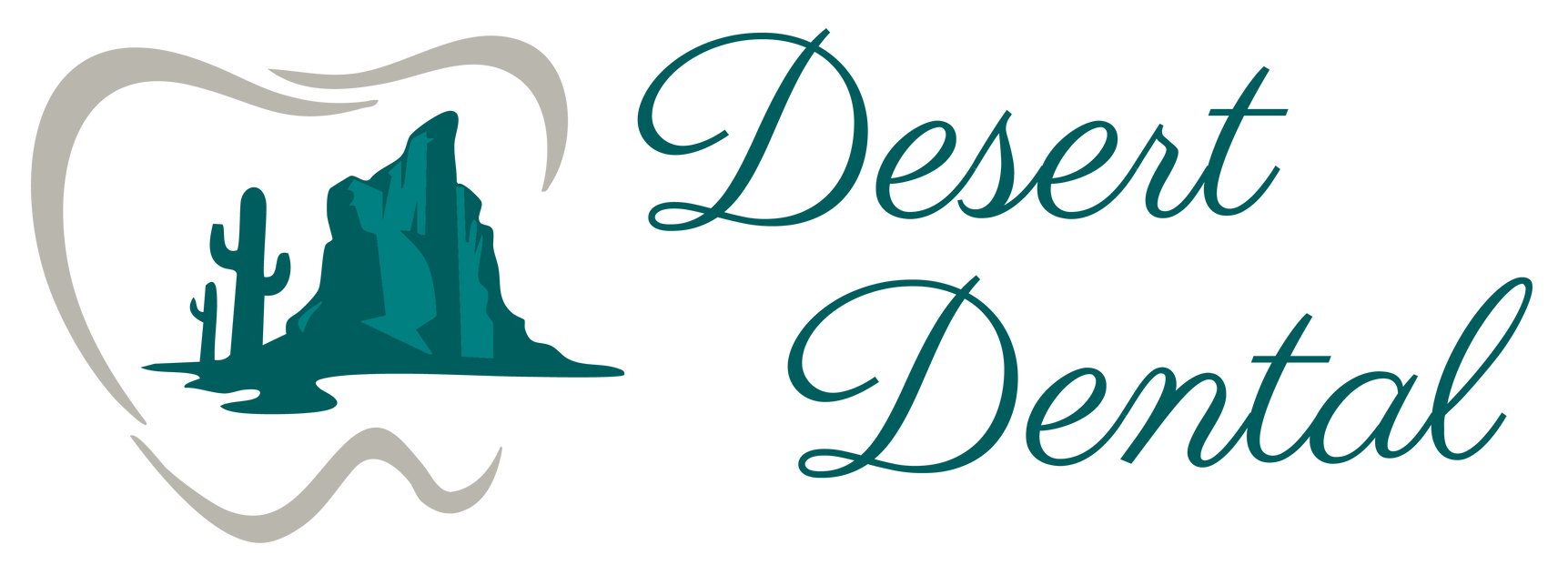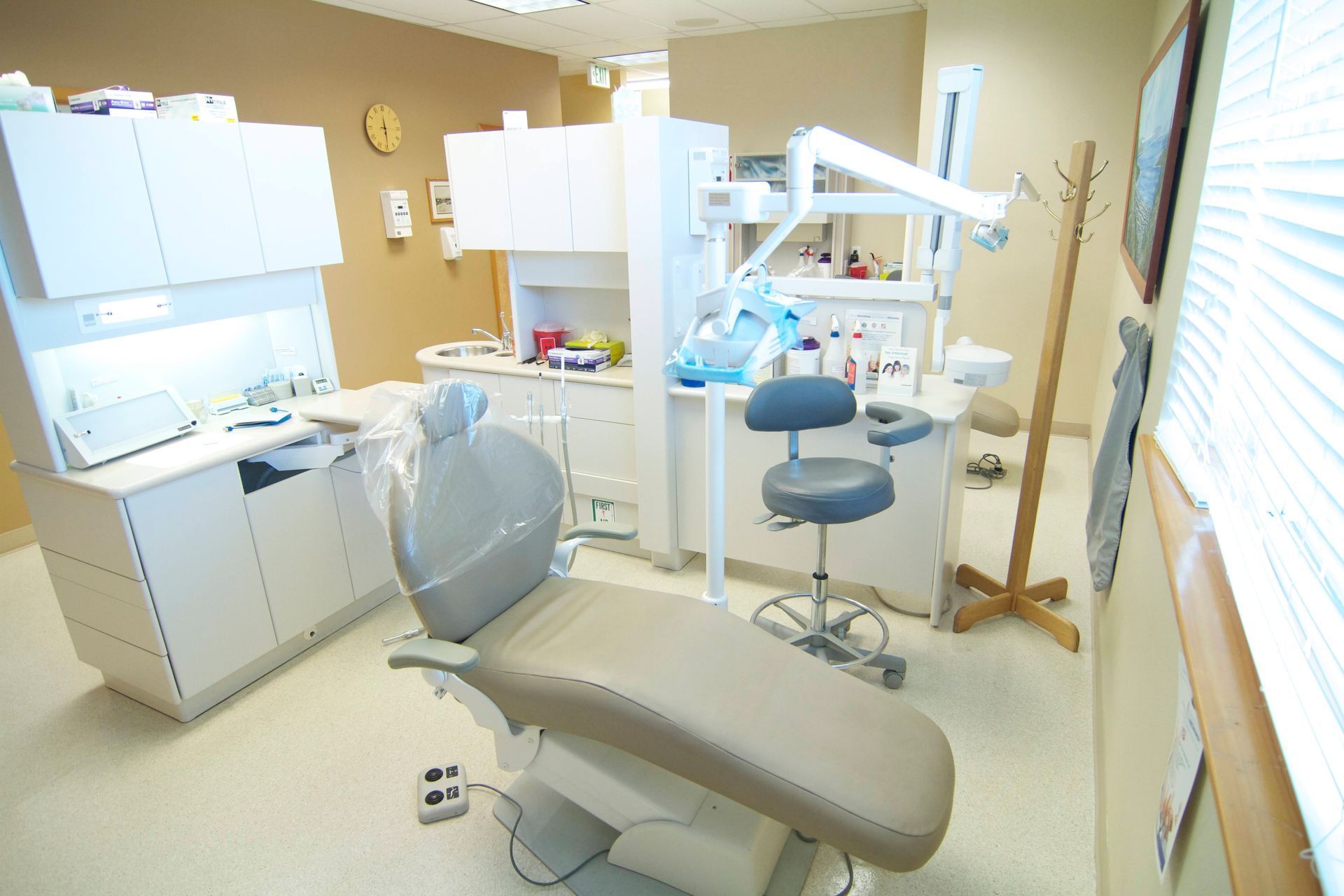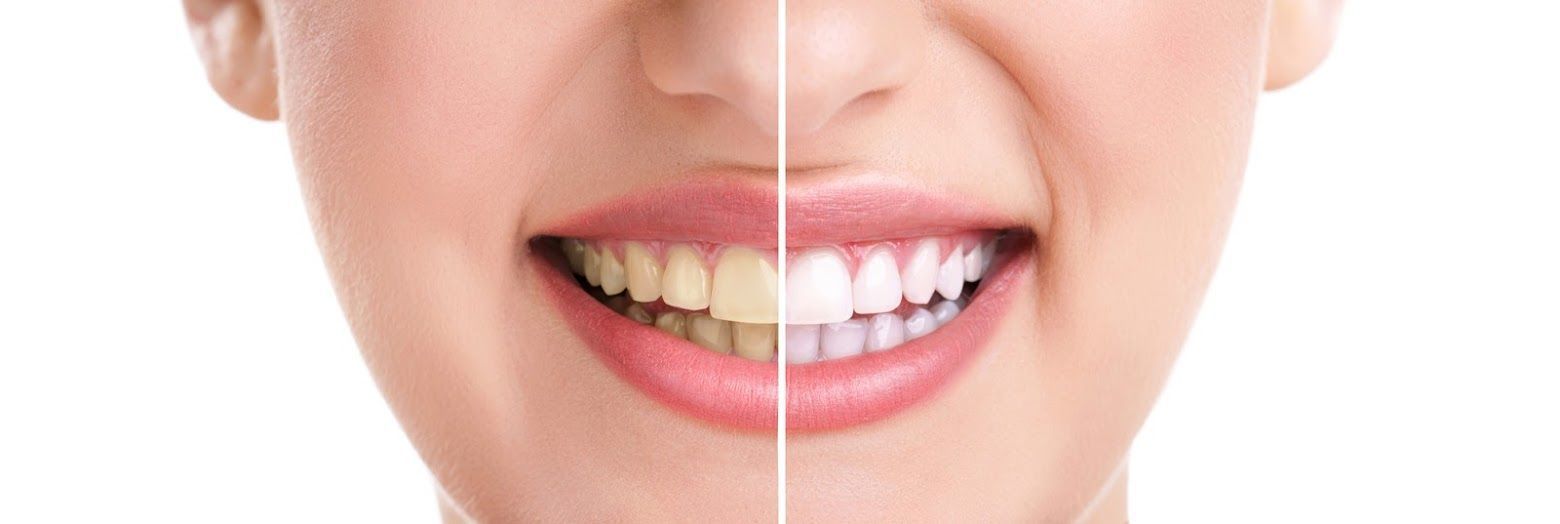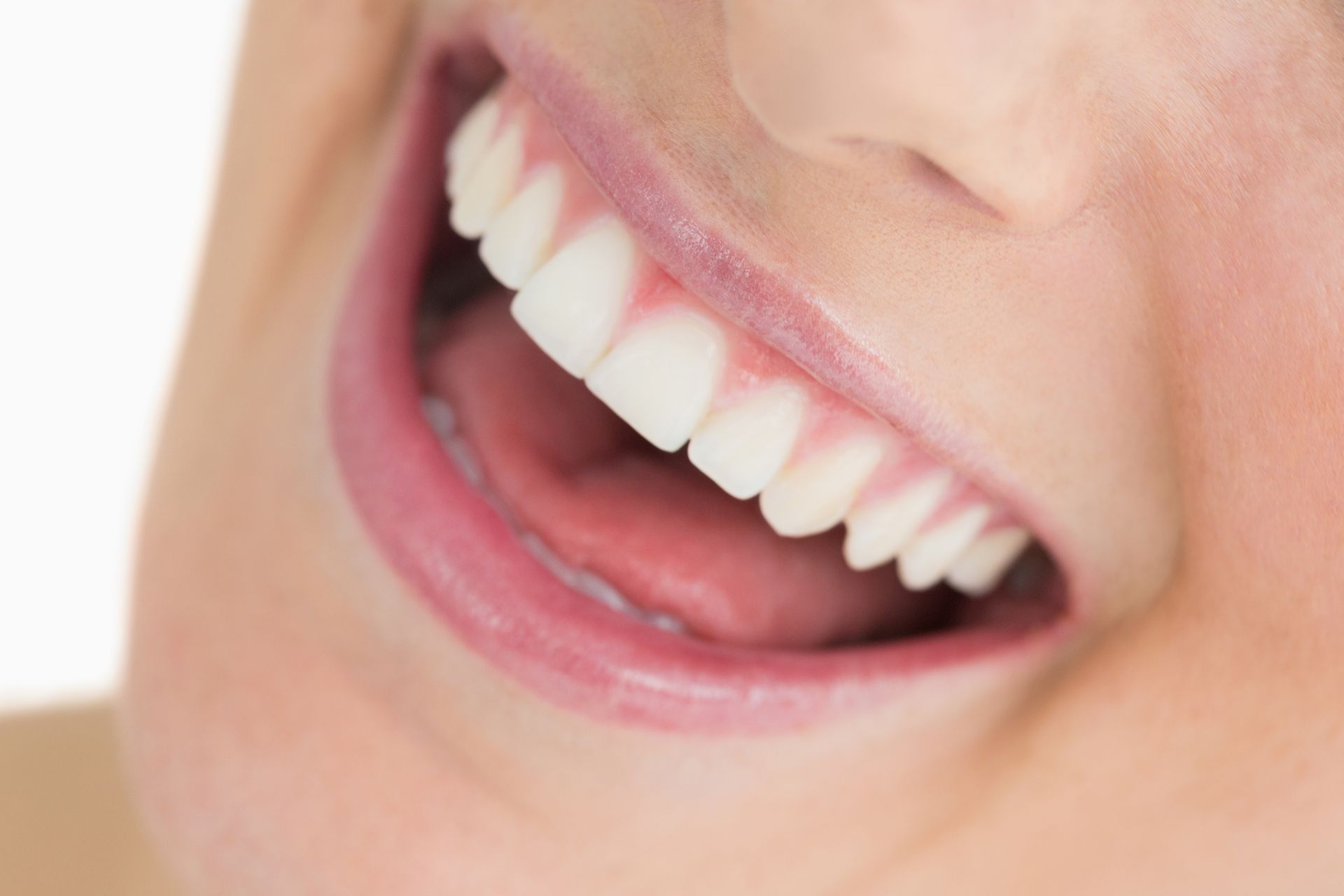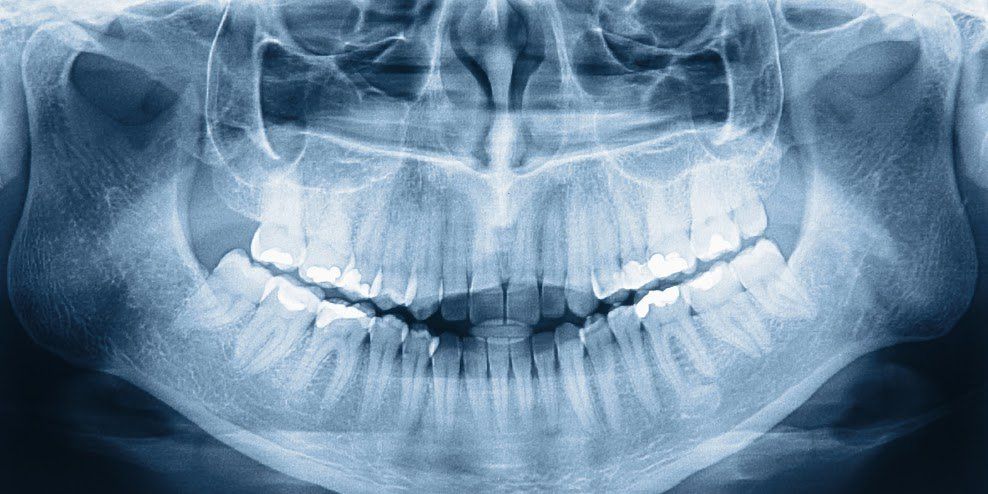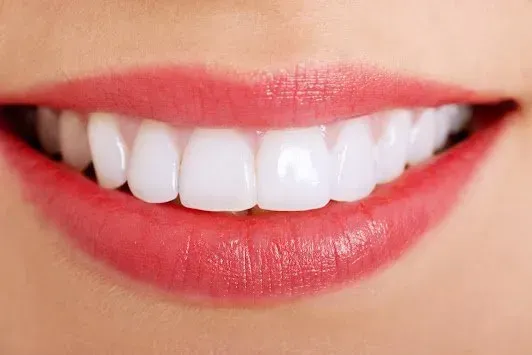6 Tips to Ease Dental Anxiety

Many people dread dental appointments due to the fear of needles, fear of pain, previous distressing experiences at a dentist's office, or a history of anxiety disorder. If your anxiety prevents you from going to the dentist regularly, you may experience oral health issues like gum disease and tooth decay. Find ways to ease your stress and protect your oral health if this is the case. Find some helpful tips below.
1. Discuss Your Fears With the Dentist
When looking for a dentist, ask family, friends, or colleagues who have overcome dental anxiety for recommendations. You likely want an understanding and empathetic dental practitioner who makes you feel relaxed and calm. Keep an eye out for caring staff, personalized care, and a comfortable office atmosphere.
During your appointment, speak about your fears and any traumatic experiences that made you anxious about dental visits. Don't be embarrassed about your feelings, as dentists treat many patients with dental anxiety.
Also, ask many questions about the procedure to feel empowered during your treatment. In many cases, dental anxiety arises from the fear of losing control. Your dentist will demonstrate various aspects of the procedure to keep you informed on what you can expect. A safe word or verbal cue may be necessary to let the dentist know you are overwhelmed.
2. Practice Breathing Exercises and Meditation
Deep breathing is an excellent psychological coping technique to release tension. Inhale slowly and exhale through your mouth with your eyes closed. Then, repeat this exercise for several counts as you wait for your appointment or sit in the dentist's chair.
Visualization is another powerful technique, where you close your eyes and imagine yourself in another place, such as on a beach or flower garden. Allow your body to relax with your eyes closed and feel the tension leave various body parts.
3. Distract Yourself
The more you focus on the dental procedure, the more nervous you can get. So, distract yourself by listening to a podcast, audiobook, or music, or squeeze a stress-relieving ball during the treatment. Most dental clinics have screens that show on-demand movies and shows to distract patients from drilling sounds.
4. Bring a Companion
The comfort and assurance of a friend or relative reduce dental anxiety. Find someone who doesn't fear dental appointments, and have them stay with you during the procedure. The companion can also advocate for you if they think you are uncomfortable and will drive you home after the treatment.
5. Give Yourself Time
Rushing to a dental appointment can worsen your anxiety since it doesn't give your body enough time to relax. A better strategy is to schedule the appointment on a less-busy day and arrive early to get enough time to ask questions and familiarize yourself with the staff and clinic. Also, plan for breaks if you get too distressed during the procedure.
6. Consider Sedation
Sedation is a popular option among people with dental anxiety since it keeps them calm during dental procedures. Dentists offer different sedation types, depending on the level of stress.
For example, nitrous oxide, which you inhale through a mask, makes you giggly and euphoric without putting you to sleep. Also called laughing gas, nitrous oxide depresses senses like pain, so you are calm during dental procedures. The effects of the gas wane when you remove the mask, and you can drive yourself home after the treatment.
Sedative medication, which you take an hour before treatment, is another option to quell dental anxiety. The pills make you sleepy, but you can respond to verbal communication. Bring a companion to drive you home after the procedure. If you have severe dental anxiety, ask your doctor about IV sedation, which leaves you unconscious during the dental treatment.
Dental anxiety shouldn't prevent you from receiving oral care. Come meet our dentist at Desert Dental for a personalized and comfortable dental experience.
